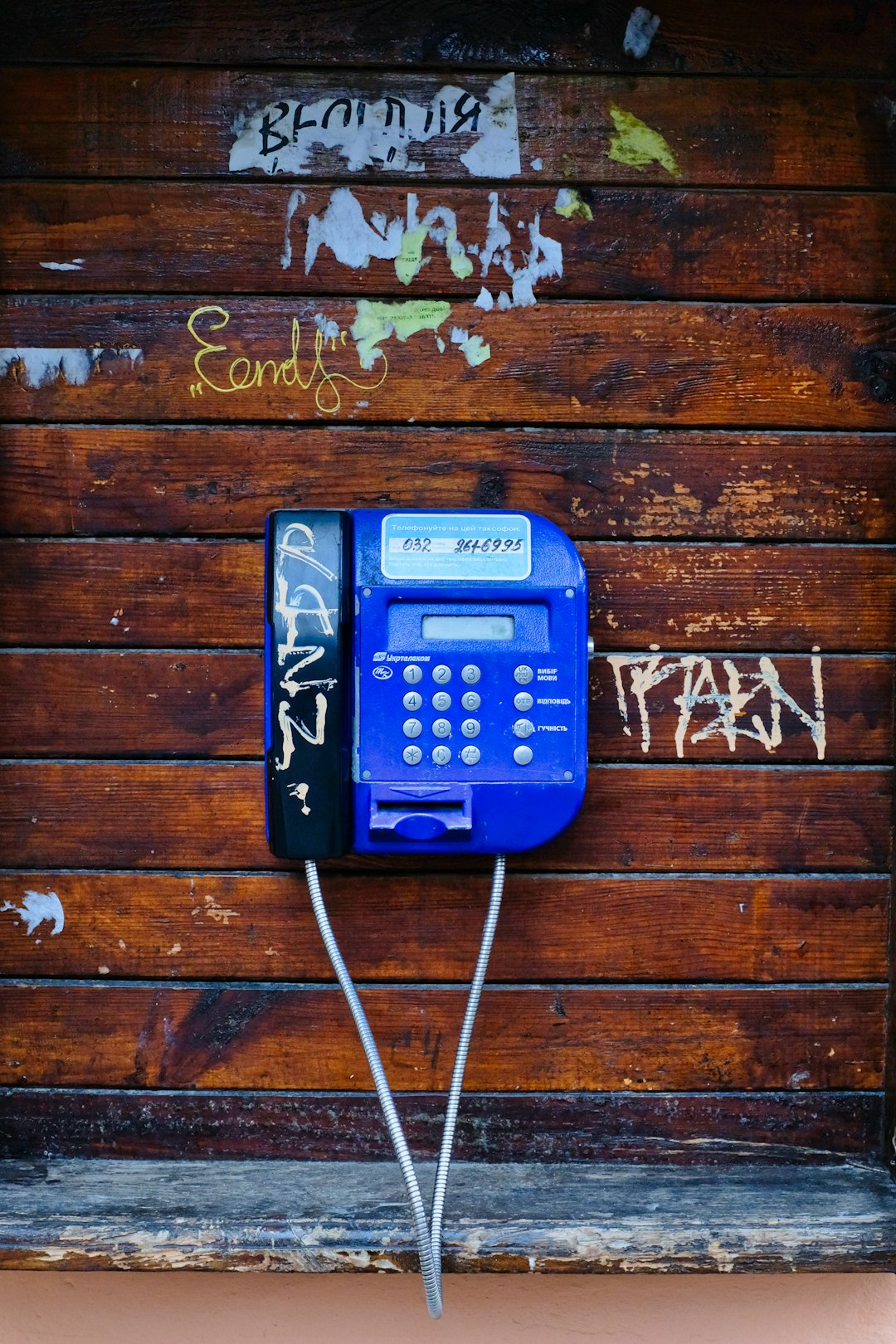No Call Laws in Los Angeles pose challenges for businesses at LAX, particularly call centers and logistics companies, mandating a balance between customer service and compliance. Firms must adapt their marketing strategies by leveraging alternative communication channels like email or text messages to avoid regulatory issues. Advanced call management systems, dynamic scheduling, comprehensive staff training, and technology-driven solutions are key to navigating these laws while maintaining operational efficiency and customer satisfaction in the competitive LA market.
In the dynamic, 24/7 environment of Los Angeles’ (LAX) business landscape, implementing No Call laws presents unique challenges. This article delves into the intricate relationship between consumer protection policies and the demands of a bustling metropolis. We explore how LAX businesses grapple with compliance, considering customer service, legal requirements, and the pivotal role of technology in managing calls efficiently. Through case studies, we uncover strategies that have proven successful, offering valuable insights for navigating this delicate balance.
Understanding No Call Laws and Their Impact on LAX Businesses

No Call Laws in Los Angeles are designed to protect residents from unwanted phone calls, especially during sensitive times like early mornings or late evenings. These regulations have a significant impact on businesses operating at LAX, many of which rely on 24/7 operations. For instance, call centers and logistics companies often face challenges when implementing these laws due to the nature of their work. They must balance customer service with compliance, ensuring they don’t make prohibited calls while maintaining efficient operations.
The impact extends beyond operational adjustments; it also influences business strategies. Companies may need to reevaluate their marketing and sales approaches, focusing on alternative communication channels like email or text messages during restricted hours. This shift requires businesses to adapt quickly and invest in new tools and training to ensure continued service quality while adhering to No Call Laws in Los Angeles.
The Challenges of Implementing Do-Not-Call Policies in a 24/7 Environment

Implementing Do-Not-Call policies in a 24/7 operational environment poses unique challenges for businesses at LAX, particularly when it comes to adhering to No Call Laws in Los Angeles. The dynamic nature of around-the-clock work means that maintaining compliance can be difficult, as staff must navigate the restrictions while ensuring continuous service and productivity.
One significant challenge is balancing customer needs with regulatory requirements. With operations extending beyond traditional business hours, it becomes more complex to track and respect individual preferences for no calls. Businesses must employ robust systems to manage call records, opt-out requests, and dynamically adjust calling schedules. Additionally, the risk of accidental or unauthorized calls increases in a 24/7 setting, requiring strict training and monitoring protocols to ensure compliance with No Call Laws in Los Angeles at all times.
Strategies for Effective Compliance: Balancing Customer Service and Legal Requirements

Implementing No Call Laws in 24/7 operations can be a delicate balance for Los Angeles businesses, especially those providing customer service. Effective compliance demands strategies that harmonize legal requirements with exceptional client experiences. One key strategy is to integrate robust call management systems that filter out prohibited calls while ensuring only legitimate interactions reach representatives. This technology enables businesses to prioritize and handle valid customer inquiries promptly.
Additionally, comprehensive training for staff on No Call Laws is imperative. Educating employees about the legal boundaries and importance of compliance fosters a culture of responsible communication practices. Encouraging proactive communication channels, such as email or live chat, can reduce the volume of phone calls, thereby minimizing potential violations. By adopting these strategies, LAX businesses can demonstrate their commitment to adhering to No Call Laws while maintaining high standards of customer service.
Technology's Role: Automating Call Management to Reduce Manual Effort

In the face of stringent No Call Laws in Los Angeles, businesses operating at LAX are seeking innovative solutions to manage incoming calls effectively while adhering to legal restrictions. Technology plays a pivotal role in this transition by automating call management processes, significantly reducing the manual effort required. Advanced systems can now intelligently route calls, screen and block unauthorized numbers, and prioritize legitimate requests, ensuring compliance and enhancing efficiency.
By leveraging machine learning algorithms and artificial intelligence, these automated systems can adapt to changing patterns in call volumes and types, providing dynamic solutions tailored to each business’s unique needs. This not only improves operational effectiveness but also enhances customer experience by promptly connecting them with relevant services while minimizing disruptions caused by unwanted calls.
Case Studies: Success Stories and Lessons Learned from LAX Businesses

Implementing No Call Laws in 24/7 operations has presented unique challenges for businesses at LAX, but it’s not without success stories. Case studies from various sectors reveal adaptable strategies that balance customer compliance with operational demands. For instance, some call centers successfully integrated automated systems to manage incoming calls, minimizing disruption while ensuring legal adherence. Other LAX-based logistics companies adopted dynamic scheduling models, allowing for flexible workforce allocation and reduced downtime during restricted calling hours.
These success stories offer valuable lessons. They underscore the importance of proactive planning, technology investment, and creative staffing solutions in navigating No Call Laws. Businesses that embraced change and viewed these regulations as an opportunity to optimize processes rather than a hindrance have proven more resilient. This shift not only ensures legal compliance but also enhances operational efficiency and customer satisfaction in the competitive Los Angeles market.






